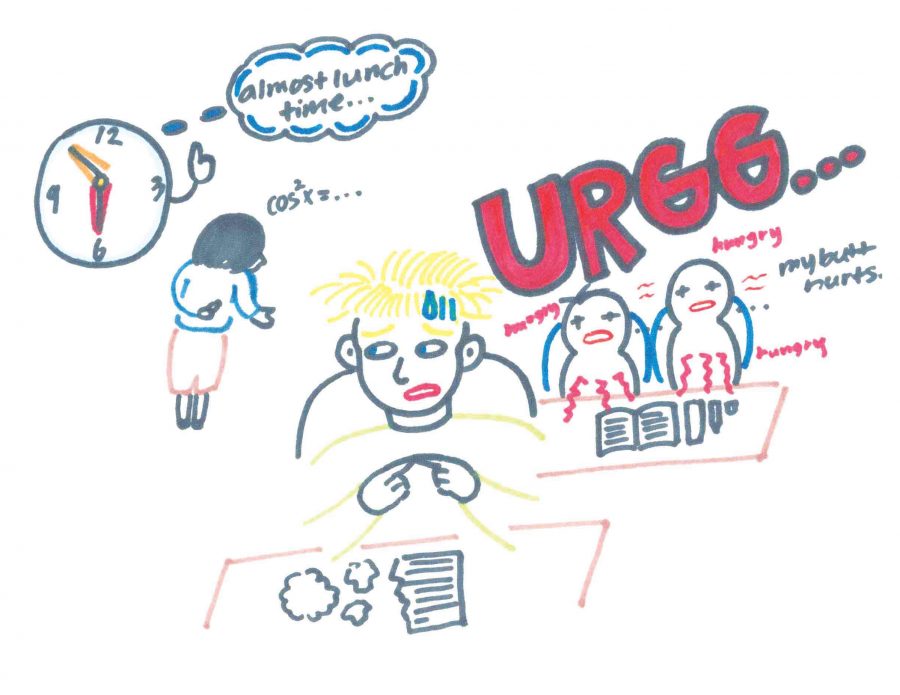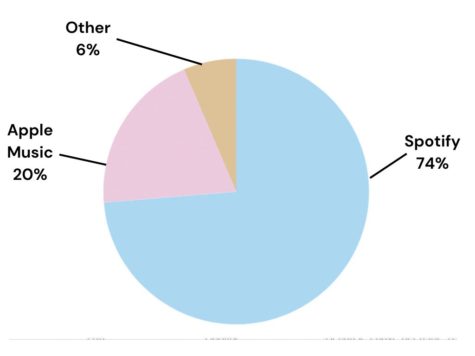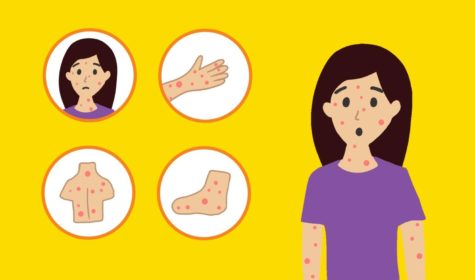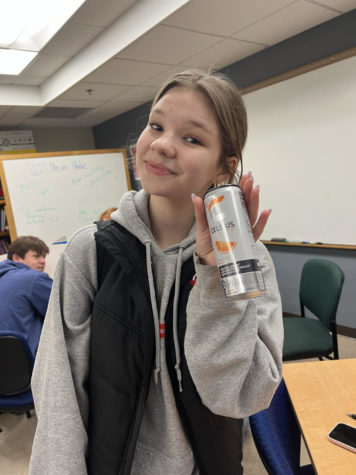Science spotlight: lacking physical activity
Students deprived of exercise at school
Students have to sit all day in class with little time to stretch or go outside.
Our butts basically bear bed sores with the level of sedentation we’ve grown accustomed to. With recess gone, we’ve lost the time to play outside and move around in the middle of the day; there are no options for standing desks or standing spaces for assembly; there is no functioning school gym to allow students to work out during gaps in their school day. This sets students up for significant health and wellness issues.
The real issue lies when a person exhibits sedentary behaviors more often than active ones. Even if you work out vigorously for an hour every day, spending 23 other hours with little to no movement can still cause adverse effects.
Activity for students during the school day rarely happens in classrooms. Short jaunts to class or the cafeteria may be the only glimpse of semi-substantive movement in a day, and this has been proven to have myriad negative side effects.
According to the National Center for Biotechnology Information, sedentary behaviors often lead to weight gain, diabetes, cholesterol problems, and premature death. In the shorter term, sitting can lead to a slouching of the spine that puts a strain on the spinal cord and limits breathing. This, in turn, allows for less blood circulation, which means that less oxygen is going to the brain, which contributes significantly to decreased focus.
If someone has class during every single block on Tuesday, they are required to focus for just shy of six hours while their body mechanisms actively work against attentiveness.
A typical Tuesday schedule requires five hours and 25 minutes of sitting for classes and 35 minutes for assembly, leaving only passing time and a meager 30 minutes of lunch for activity. If someone has class during every single block on Tuesday, they are required to focus for just shy of six hours while their body mechanisms actively work against attentiveness.
So why do so many of our obligations still require sitting? Beyond sports, many extracurriculars call for stillness and attentiveness, two features that are almost ironic. Jim Arnold, biology teacher and golfer extraordinaire, mentions the importance of sports for this reason: “Having kids participate in a sport, especially their ninth and tenth grade years, makes them be active so we can develop the whole person.”
He argues that a team environment also holds each player more accountable to show up and get moving.
Sydney Krelitz ‘16, varsity tennis player and workout instructor, disagrees. While she thinks Blake students are more active than most, it isn’t often the sports teams–even the varsity ones–that get kids really moving. And so, like Arnold, she doesn’t believe that the sports requirement of a season both first and second year should be changed: “we shouldn’t tell students what to do activity-wise.”
Being active and sedentary have variable meanings, but the Center for Disease Control’s guidelines go as follows: every week, individuals should engage in at least 150 minutes of moderate exercise or at least 75 minutes of vigorous exercise. Not meeting those benchmarks classifies as being sedentary, which 60-85% of the world’s population is, according to the World Health Organization. This statistic makes inactivity the fourth leading risk factor contributing to global mortality. And while running around vigorously for just under eleven minutes everyday to avoid the sedentary classification is a good start, it doesn’t necessarily seem like enough.
Krelitz notes that “being active” is different depending on the fitness level and goals of an individual. For her, a workout isn’t successful if she doesn’t leave sweaty..
The problem is large, but solutions are available. Take the stairs double on the way to class; set a timer on your phone to buzz every hour or half-hour and move consistently for two minutes; force yourself to move after school, and save your fricking bum.

Maxine has been a Spectrum Editor since the spring semester of her Freshman year. She was the Student Life Editor for her freshman/sophomore year on staff,...







![Campbell is a student that writes by hand for all of his classes, and according to him, he “[finds] it easier to remember stuff if [he] writes it down.”](https://www.blakespectrum.org/wp-content/uploads/2022/12/IMG-0178-356x475.jpg)
![Doran employs a handwritten list in a planner to stay organized, commenting that she just prefer[s] that to typing.](https://www.blakespectrum.org/wp-content/uploads/2022/10/image_67176449-1-356x475.jpg)

